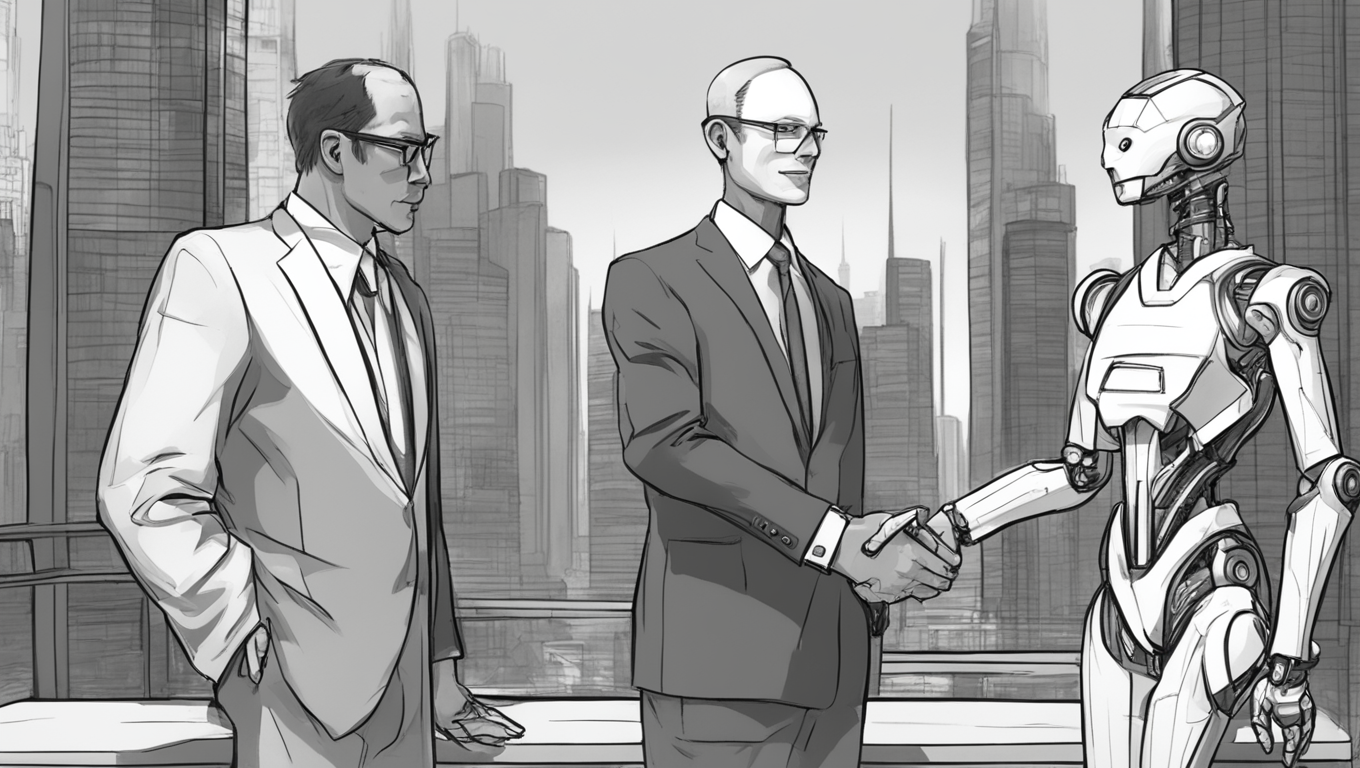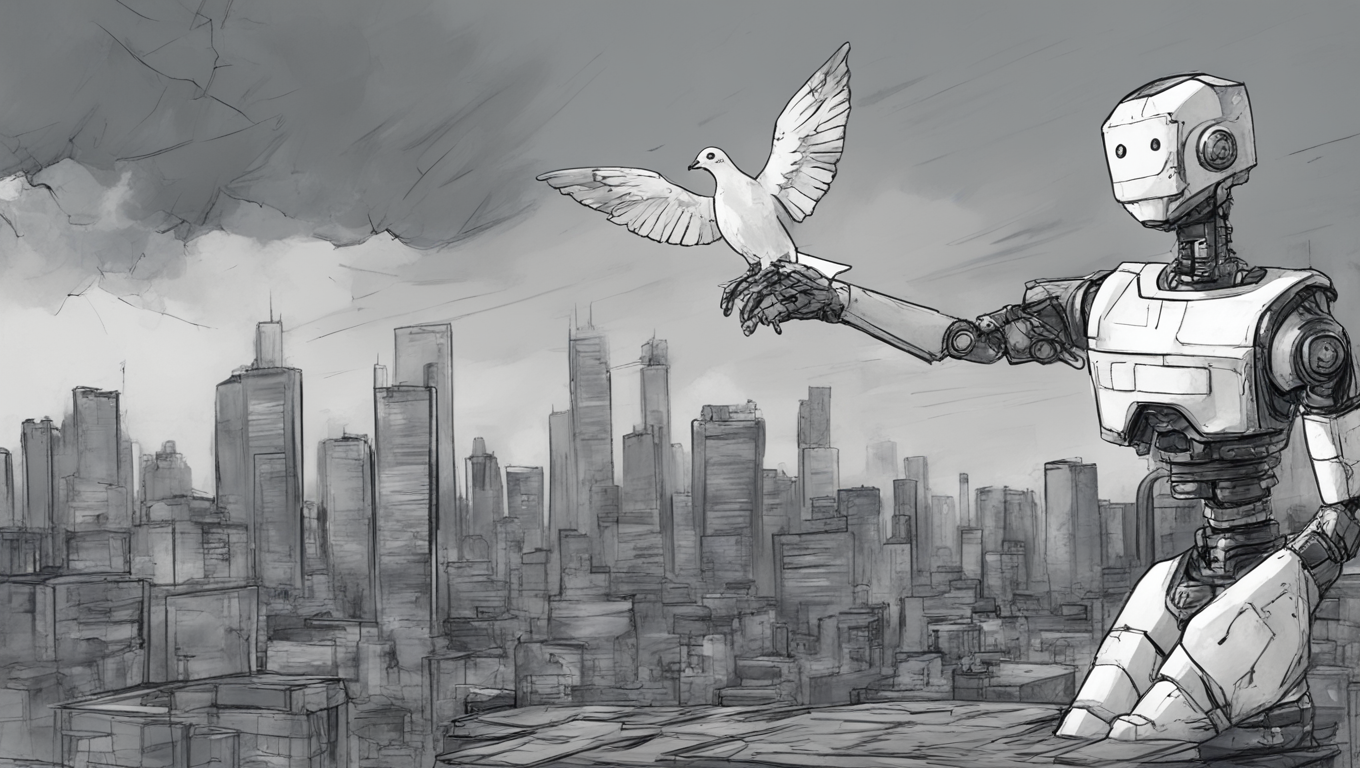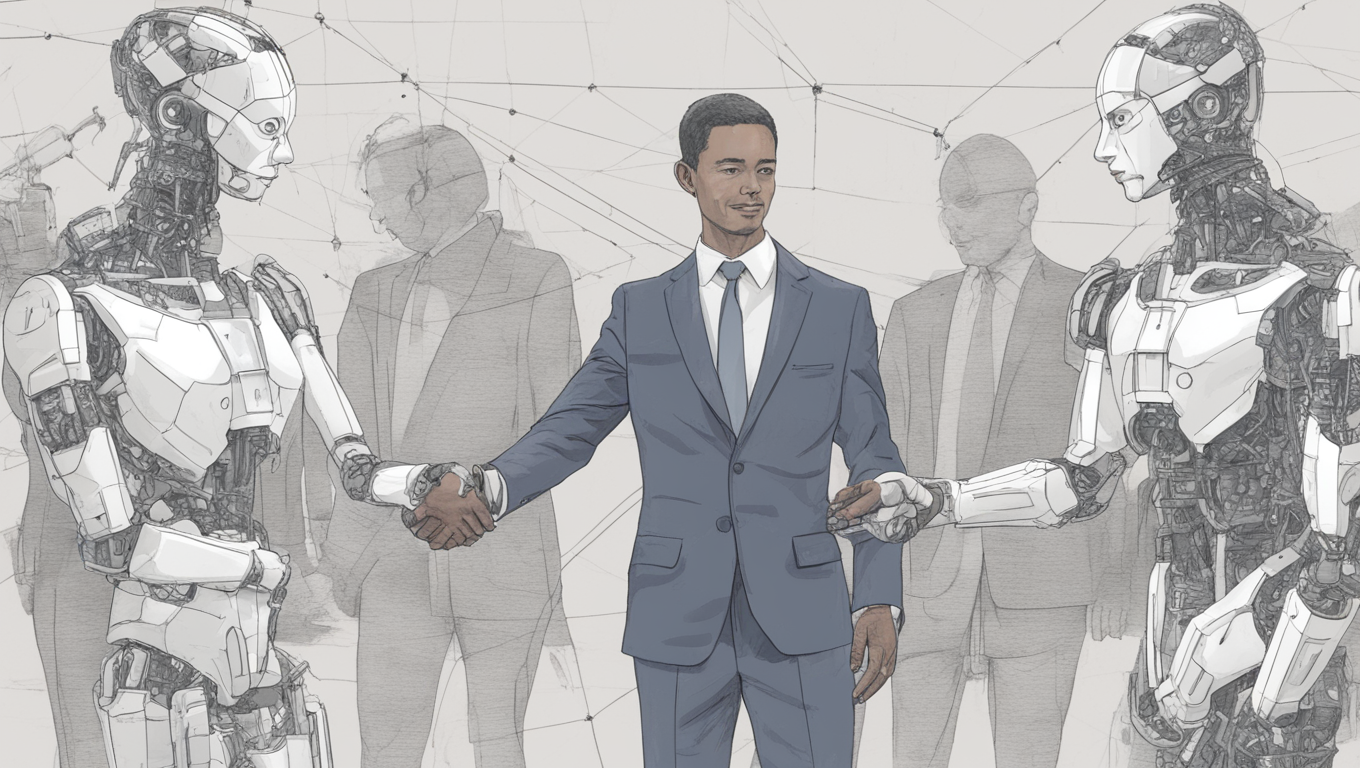A new era of technology is upon us, and it threatens to disrupt the job market in unprecedented ways. While automation has long been a concern for workers in manual labor industries, a recent report suggests that white-collar professionals with high-paying jobs in banking and tech may be the ones most at risk. The culprit? Artificial intelligence chatbots.
Generative A.I., the kind of A.I. used in chatbots like OpenAI’s ChatGPT, is expected to have a significant impact on these industries. A joint report published by the Burning Glass Institute, a nonprofit research center, and SHRM, formerly the Society for Human Resource Management, highlights the implications of this technology. Although the report falls short of predicting mass job losses, it warns workers to prepare for a future where A.I. plays a prominent role.
The rise of chatbot technology raises concerns for those in the tech industry, as they may inadvertently be paving the way for their own replacement. Matt Sigelman, president of the Burning Glass Institute, points out that college-educated workers, who typically believe their jobs are secure, are likely to be the hardest hit. “There’s no question the workers who will be impacted most are those with college degrees, and those are the people who always thought they were safe,” he says.
This potential shift in the job market is fueled by the versatility and intelligence of chatbots. These A.I. systems have the ability to handle complex tasks that were historically performed by highly skilled professionals. They can provide customer support, answer queries, and even engage in conversations that mimic human interaction. As technology continues to improve, the capabilities of chatbots will only become more advanced, further increasing their potential as substitutes for human labor.
While the report does not paint a picture of doom and gloom, it does emphasize the need for workers in at-risk industries to adapt and acquire new skills. Rather than resisting technological change, professionals should embrace it and proactively position themselves for the future job market. Upskilling and retraining programs will become essential for individuals to remain competitive and secure in a world increasingly influenced by A.I.
The impact of A.I. chatbots on the job market is not to be underestimated. As advancements in technology continue to reshape industries, it is imperative for both workers and organizations to recognize the potential ramifications and take proactive steps to mitigate risks. The future of work is evolving, and it is up to us to adapt and thrive in this new landscape. As Matt Sigelman aptly states, “The safe jobs are the ones that can’t be done from a computer. So we need to align our skills development with tasks that require a physical presence — human skills that can’t be automated.” In the face of rapidly advancing technology, the key to survival lies in constant innovation and embracing the changing tides of the job market.





Use the share button below if you liked it.